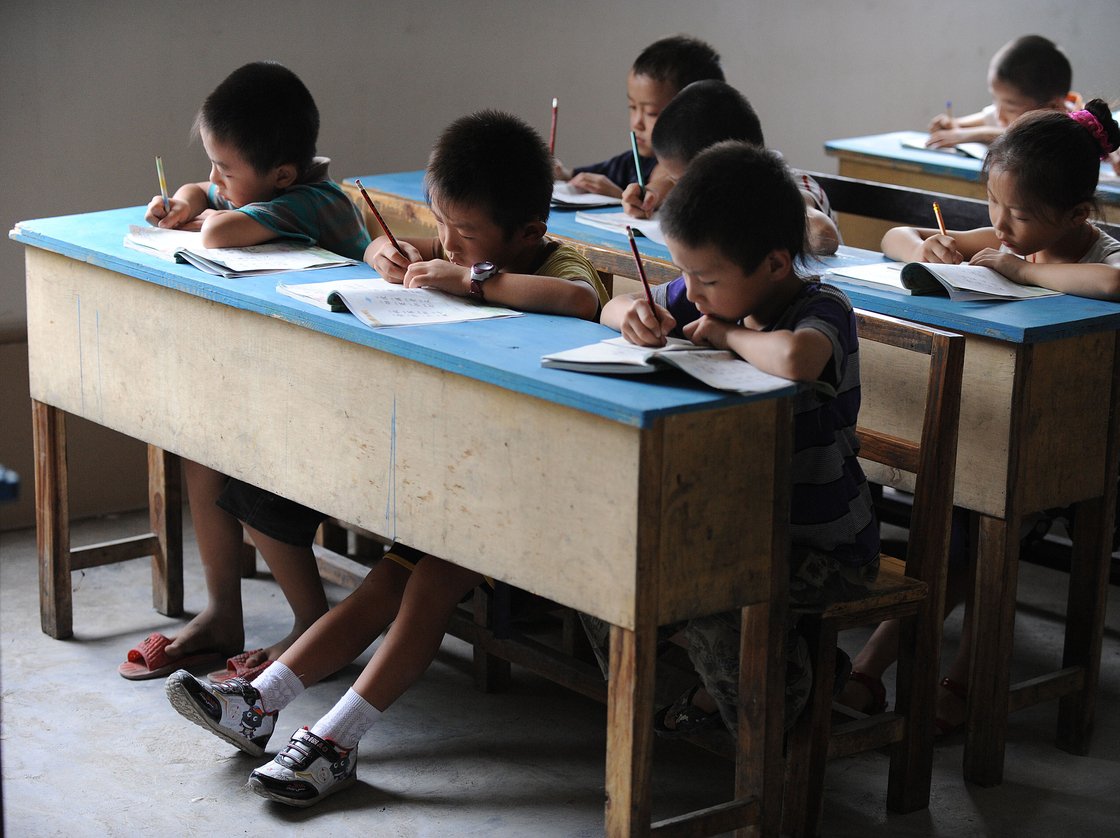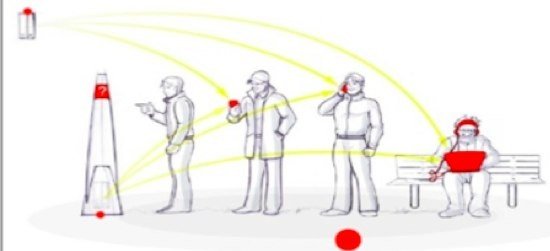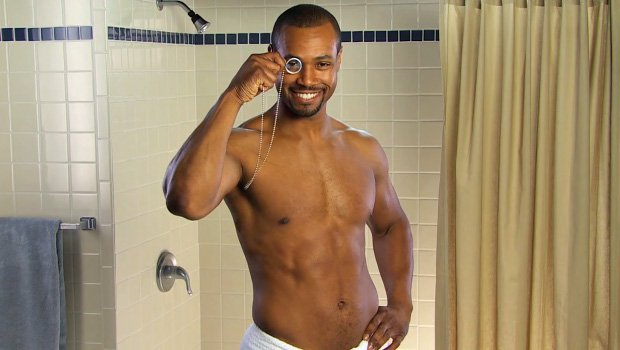
I loved this piece from NPR from November 2012. Whether you have kids or not, this makes a lot of sense.

I loved this piece from NPR from November 2012. Whether you have kids or not, this makes a lot of sense.
This article from Russell Ackoff on education is great: The Objective of Education Is Learning, Not Teaching.
Here’s a snippet: “Traditional education focuses on teaching, not learning. It incorrectly assumes that for every ounce of teaching there is an ounce of learning by those who are taught. However, most of what we learn before, during, and after attending schools is learned without its being taught to us. A child learns such fundamental things as how to walk, talk, eat, dress, and so on without being taught these things. Adults learn most of what they use at work or at leisure while at work or leisure. Most of what is taught in classroom settings is forgotten, and much or what is remembered is irrelevant.”

Two very important quotes in this article which may have forever changed the way I think about the Internet and communications. To give you context in case you don’t know, routers control Internet traffic throughout the world (which is why Cisco became a dot com darling). Because we are still dependent on routers, dictators can kill communication in their country by telling ISPs to shut down. Give people access to information and give them a voice and amazing things happen.

Does your man need a more manly voicemail greeting? If so, the Old Spice Voicemail Generator is here to help. Below is my test message.
[audio:http://www.jeremyperson.com/wp-content/uploads/2010/08/message2.mp3]“Porsche’s Spyder will allow drivers to use several fueling modes including E-Drive, Hybrid, Sport Hybrid and Race Hybrid. E-Drive mode switches on the vehicle’s electric engine which can run for about 16 miles. Amazingly, the car’s top speed is 198 miles per hour. Of course all this eco-friendliness will come at a very wallet-unfriendly price–a whopping $630,000 a pop.” > Source: http://dvice.com/
“Consider the mosquito borne disease malaria. This year, malaria will kill over one million people, over 80% of which will be children. Great Britain used to have malaria. In North America, malaria was epidemic and there are still a handful of infections each year. In Africa malaria kills over 100 people per hour. In Russia, amidst the corruption of the 1990s, malaria re-established itself. What is the difference between these cases?
We know how to prevent malaria. The science is universal. The difference is good governance.
Put another way, unresponsive or corrupt government, through malaria alone, causes a children’s “9/11” every day.
It is only when the people know the true plans and behavior of their governments that they can meaningfully choose to support them. Historically, the most resilient forms of open government are those where publication and revelation are protected. Where that protection does not exist, it is our mission to provide it.
In Kenya, malaria was estimated to cause 20% of all deaths in children under five. Before the Dec 2007 national elections, WikiLeaks exposed $3,000,000,000 of Kenyan corruption and swung the vote by 10%. This lead to enormous changes in the constitution and the establishment of a more open government — one many hundreds of reforms catalyzed by WikiLeaks.
We believe WikiLeaks is the strongest way we have of generating the true democracy and good governance on which all mankind’s dreams depend.”
>> Source: http://wikileaks.org/wiki/WikiLeaks:About
“Dominic Deville stalks young victims for a week, sending chilling texts, making prank phone calls and setting traps in letterboxes. He posts notes warning children they are being watched, telling them they will be attacked. But Deville is not an escaped lunatic or some demonic monster. He is a birthday treat, hired by mum and dad, and the ‘attack’ involves being splatted in the face with a cake. ‘The child feels more and more that it is being pursued,’ said Deville. ‘The clown’s one and only aim is to smash a cake into the face of his victim, when they least expect it, during the course of seven days.’ If the boy or girl manages to avoid the ‘hit’, they are given the cake as a birthday present. Well, that’s alright then.
The frightening fun can be stopped at any time, which is handy for parents who have second thoughts and don’t fancy the cost of child therapy. Deville said: ‘The clown will never break into a residence or show up at work. ‘It’s all in fun and if, at any point, the kids get scared or their parents are concerned, we stop right there. ‘But most kids absolutely love being scared senseless.’ Deville set up his Evil Clown service in Lucerne, Switzerland, after being inspired by some of his favorite horror films – possibly including Stephen King’s It and Killer Klowns From Outer Space. The idea is unlikely to be popular with sufferers of coulrophobia – the irrational (irrational?) fear of clowns. But Stephen Vaughan, of Clowns International, said scary clowns could be as funny as their red-nosed counterparts. ‘I think what Dominic is doing is a great idea,’ he added. ‘Bringing a little bit of life and laughter into kids’ lives is what we are all about.”
Jeff Jarvis, author of What Would Google Do? wrote the below rights we should have for the Internet (source):
“I. We have the right to connect.
This is a preamble and precondition to the American First Amendment: before we can speak, we must be able to connect. Hillary Clinton defines the freedom to connect as “the idea that governments should not prevent people from connecting to the internet, to websites, or to each other.” It is this principle that also informs discussion of net neutrality.
II. We have the right to speak.
No one may abridge our freedom of speech. We acknowledge the limitations on freedom of speech but they must be defined as narrowly as possible, lest we find ourselves operating under the lowest common denominator of offense. Freedom is our default.
III. We have the right to speak in our languages.
The English language’s domination of the internet has faded as more languages and alphabets have joined the net, which is to be celebrated. But Ethan Zuckerman also cautions that in our polyglot internet, we will want to build bridges across languages. We will want to speak in our own languages but also speak with others’.
IV. We have the right to assemble.
In the American Bill of Rights, the right to assemble is listed separately from the right to speak. The internet enables us to organize without organizations and collaborate and that now threatens repressive regimes as much as speech.
V. We have the right to act.
These first articles are a thread: We connect to speak and speak to assemble and assemble to act and that is how we can and will change the world, not just putting forth grievances but creating the means to fix them. That is what threatens the institutions that would stop us.
VI. We have the right to control our data.
You should have access to data about you. And what’s yours is yours. We want the internet to operate on a principle of portability, so your information and creations cannot be held prisoner by a service or government and so you retain control. But keep in mind that when control is given to one, it is taken from another; in those details lurk devils. This principle thus speaks to copyright and its laws, which set the definitions and limits of control or creation. This principle also raises questions about whether the wisdom of the crowd belongs to the crowd.
VII. We have the right to our own identity.
This is not as simple as a name. Our identity online is made up of our names, addresses, speech, creations, actions, connections. Note also that in repressive regimes, maintaining anonymity — hiding one’s identity — is a necessity; thus anonymity, with all its faults and baggage and trolls, must also be protected online to protect the dissenter and the whistleblower. Note finally that these two articles — controlling our data and our identities — make up the right to privacy, which is really a matter of control.
VIII. What is public is a public good.
The internet is public; indeed, it is a public place (rather than a medium). In the rush to protect privacy, we must beware the dangers of restricting the definition of public. What’s public is owned by the public. Making the public private or secret serves the corrupt and tyrannical.
IX. The internet shall be built and operated openly.
The internet must continue to be built and operated to open standards. It must not be taken over or controlled by any company or government. It must not be taxed. It is the internet’s openness that gives it its freedom. It is this freedom that defines the internet.”
“How big is a zillion? It’s “an extremely large, indeterminate number,” according to Dictionary.com. And how rare is an all-black penguin, rather than the black-and-white tuxedo-like colorings on most of the adorable, big, wabbly birds? It’s a one-in-a-zillion mutation, scientists say.” >> Read full story